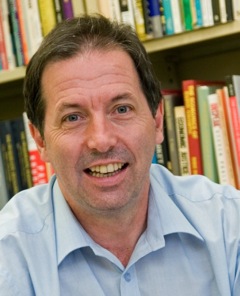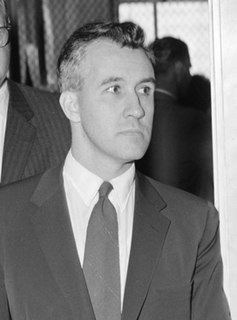A Quote by Nassim Nicholas Taleb
Rationalism crashes in the tails.
Quote Topics
Related Quotes
Here is the secret to surviving one of these [airplane] crashes: Be male. In a 1970 Civil Aeromedical institute study of three crashes involving emergency evacuations, the most prominent factor influencing survival was gender (followed closely by proximity to exit). Adult males were by far the most likely to get out alive. Why? Presumably because they pushed everyone else out of the way.
The term "rational" and its variants (rationality, rationalism) are used in a lot of contexts in economic debate, both positively and negatively, but nearly always sloppily or dishonestly. A specimen I've seen on more occasions than I can count is the line (usually presented with a sense of witty originality) "if you are opposed to economic rationalism, you must be in favor of economic irrationalism"... I've come to the conclusion that the word "rational" has no meaning that cannot better be conveyed by some alternative term and that the best advice is probably to avoid it altogether.
By sort of combining the research of a lot of smart people, I came up with an equation for dread [dread=uncontrollability+unfamiliarity+imaginability+suffering+scale of destruction+unfairness]. The dread equation is a simplification, but it's a way to explain why we fear something so much when it is so unlikely. Part of it is the lack of control. That's why we're more scared of plane crashes than car crashes even though we know rationally which is more dangerous.
Without the heroic, man has no meaning; without the economic, he has no sense. Economic man is most likely to be economic woman - a good wife, pulling the coat tails of her heroic husband, checking his extravagances of speech and action with words of caution and good sense. But without the heroic coat tails to pull, life for both of them would be dull and savorless indeed.
The way in which men cling to old institutions after the life has departed out of them, and out of themselves, reminds me of those monkeys which cling by their tails - aye, whose tails contract about the limbs, even the dead limbs, of the forest, and they hang suspended beyond the hunter's reach long after they are dead. It is of no use to argue with such men. They have not an apprehensive intellect, but merely, as it were a prehensile tail.
It would be an endless battle if it were all up to ego
because it does not destroy and is not destroyed by itself
It is like a wave
it makes itself up, it rushes forward getting nowhere really
it crashes, withdraws and makes itself up again
pulls itself together with pride
towers with pride
rushes forward into imaginary conquest
crashes in frustration
withdraws with remorse and repentance
pulls itself together with new resolution



































